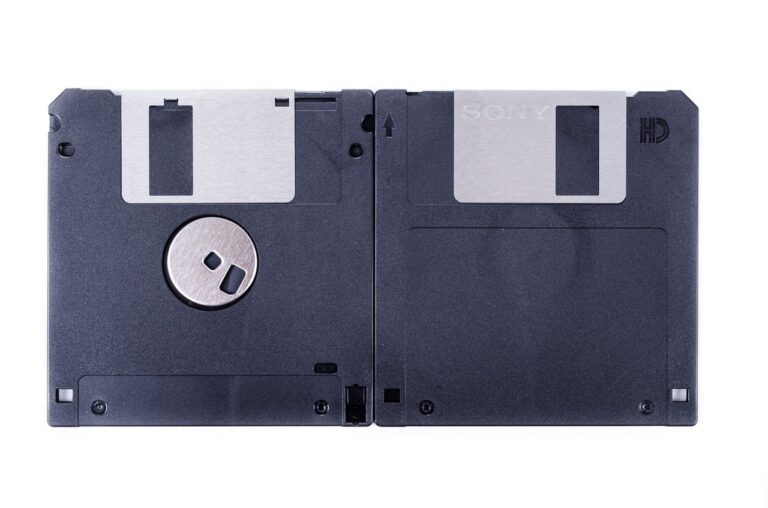Trends in Energy-efficient Water Heating Systems for Buildings: Allpaanel mahadev book, Lotus book 365 registration, Laserbook 247
allpaanel mahadev book, lotus book 365 registration, laserbook 247: Energy-efficient water heating systems are becoming increasingly popular as building owners and managers look for ways to reduce costs and environmental impact. These systems use less energy to heat water, which not only saves money but also reduces greenhouse gas emissions. In this article, we will explore some of the latest trends in energy-efficient water heating systems for buildings.
1. Heat Pump Water Heaters
Heat pump water heaters are one of the most energy-efficient options available. These systems use electricity to move heat from the air or ground to heat water, making them up to three times more efficient than traditional water heaters.
2. Solar Water Heaters
Solar water heaters harness the power of the sun to heat water for buildings. They can be used in conjunction with traditional water heaters or as a standalone system. Solar water heaters are a renewable energy source that can greatly reduce energy costs over time.
3. Tankless Water Heaters
Tankless water heaters, also known as on-demand water heaters, heat water directly without the use of a storage tank. This eliminates standby energy losses associated with traditional water heaters. Tankless water heaters are more energy-efficient and can provide a continuous supply of hot water.
4. High-Efficiency Storage Water Heaters
High-efficiency storage water heaters use advanced insulation materials and heat traps to minimize heat loss. These systems are more efficient than standard storage water heaters and can save on energy costs in the long run.
5. Smart Water Heaters
Smart water heaters are equipped with technology that allows users to control and monitor their water usage remotely. These systems can adjust temperature settings based on usage patterns, resulting in energy savings.
6. Hybrid Water Heaters
Hybrid water heaters combine the technology of heat pump and storage water heaters to maximize energy efficiency. These systems switch between heat pump and electric heating modes based on demand, providing energy savings without sacrificing hot water availability.
FAQs:
Q: Are energy-efficient water heating systems more expensive to install?
A: While energy-efficient water heating systems may have a higher upfront cost, the long-term savings on energy bills often offset the initial investment.
Q: Do energy-efficient water heating systems require more maintenance?
A: Energy-efficient water heating systems generally require the same amount of maintenance as traditional water heaters. Regular inspections and maintenance can ensure optimal performance.
Q: How much energy can be saved with energy-efficient water heating systems?
A: Energy savings vary depending on the type of system and usage patterns. On average, energy-efficient water heating systems can save 10-50% on energy costs compared to traditional water heaters.
In conclusion, investing in energy-efficient water heating systems for buildings can lead to significant cost savings and environmental benefits. By staying informed about the latest trends in energy-efficient water heating technology, building owners and managers can make informed decisions to reduce energy consumption and greenhouse gas emissions.







